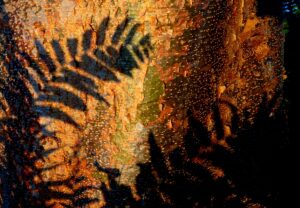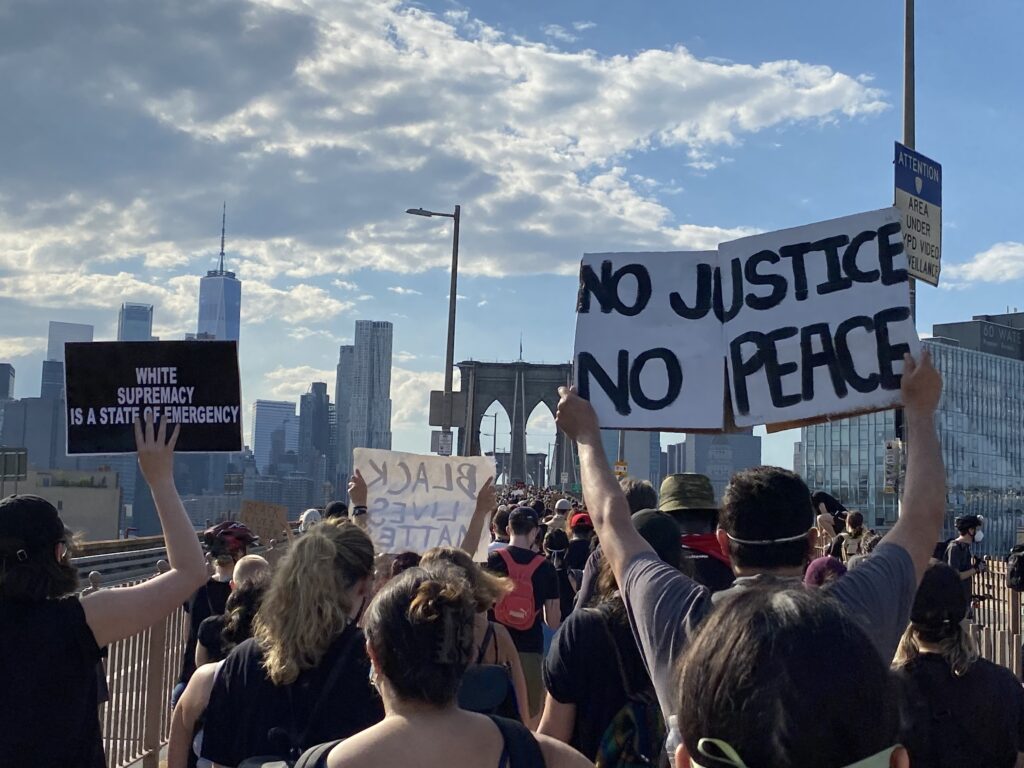
Bucharest, Romania
Spring Boulevard 50, in the heart of Bucharest’s former nomenklatura, currently bourgeois neighborhood, is where the former General Secretary’s one-story villa can be found. Împușcatu is what people sometimes call him around here, “the one who was shot,” or Ceașcă, “cup.” They were executed in winter: Nicolae Ceaușescu, and his wife Elena, who was also shot, but in people’s minds this was secondary to her being an insufferable pseudo-intellectual who loved fur coats. And their children, Nicu, Zoe and Valentin, spared during the 1989 Revolution.




 .
.








 Berlin, Germany
Berlin, Germany



